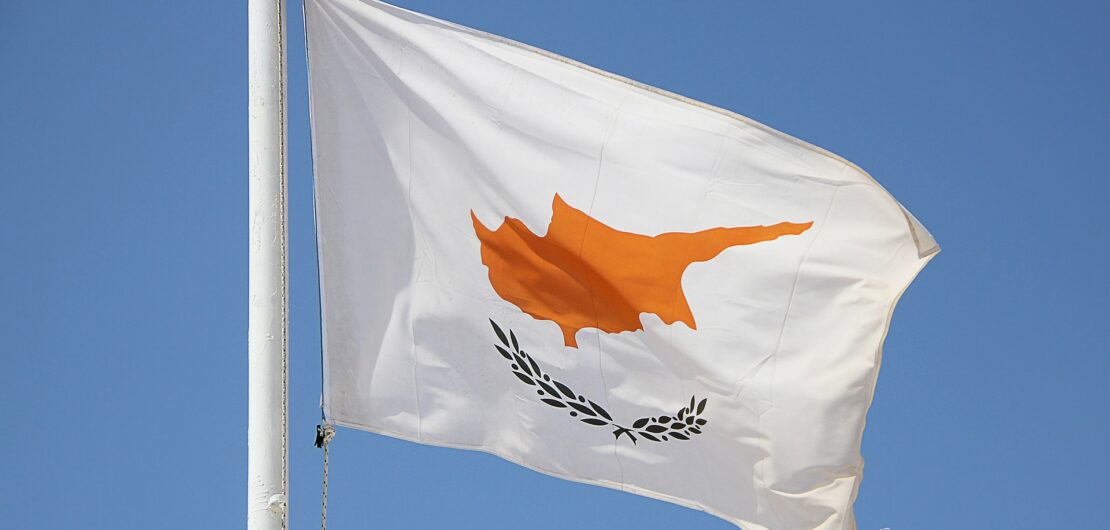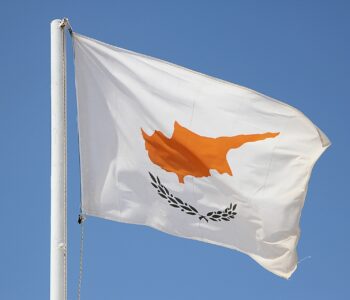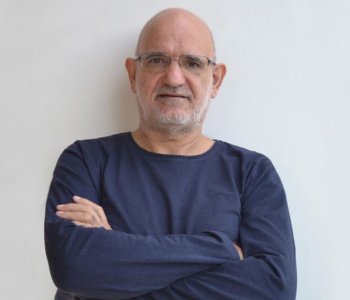 Library
Library
Cyprus pauses fake news law to consult media stakeholders
Cyprus pauses fake news law to consult media stakeholders
The Media Freedom Rapid Response (MFRR) consortium welcomes the decision to pause the passage of the law criminalizing fake news and to hold an expert committee meeting on media freedom in Cyprus. The discussion comes at a critical juncture, as concerns grow over draft legislation to criminalize offensive content and “fake news”. A freshly published article on media freedom in Cyprus gives an overview on the current situation for journalists on the island.
The meeting, set up by the Cypriot Minister of Justice and scheduled for 11 October 2024, follows the discussion of the Cyprus Parliament’s Legal Committee on a possible amendment to the nation’s Criminal code, aiming to curb “fake news”.
The Union of Cyprus Journalists, the Cyprus Committee of Media Ethics, the Cyprus Association of Newspaper & Magazine Publishers, the Cyprus Organization of Internet Publishers, the Cyprus Institute of Mass Communication and the Cyprus Bar Association have been invited to attend. All organizations will have a representative and their legal counsel present.
The International Press Institute (IPI), as part of the MFRR, has published an overview of the current media landscape in Cyprus, and the risks to media freedom posed by the draft law.
The MFRR has warned that the amendment could stifle independent journalism and encourage self-censorship. Our consortium advocates for media regulations that promote transparency and free expression, while opposing punitive measures that could infringe on these rights. We caution governments against adopting legal provisions criminalizing disinformation, given the risk of a chilling effect on press freedom and free speech.
Ahead of the meeting, the MFRR renews its call for alignment with international standards, urging the Cypriot government to withdraw the proposed amendment.
This statement was coordinated by the Media Freedom Rapid Response (MFRR), a Europe-wide mechanism which tracks, monitors and responds to violations of press and media freedom in EU Member States, Candidate Countries and Ukraine.





